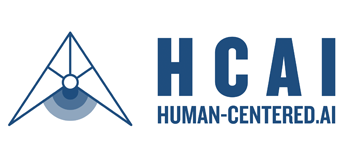ABSTRACT
Worldwide, more and more biomedical researchers produce, curate and work with open biomedical data sets. For example in cancer research the exchange of data, hence the possibility of result replication, is a commandment of our time. Knowledge discovery from such data sets is one of the most important research areas in the biomedical domain and gained much popularity within the international scientific community. Machine learning in this respect has been an established area for several years now, providing powerful methods to map data structures and to discover novel connections among data objects. As data analysis pipelines become more complex as well as ubiquitous, the need for standardization and community data platforms emerge dramatically. At the same time JavaScript has become the most widely used programming language on the planet, powering any kind of computing device. In the GRAPHINIUS project we design, develop and experiment with an open access Web-based machine learning platform allowing experts and end-users alike to visually compose state-of-the-art processing pipelines. The great advantages of the GRAPHINIUS approach lies in the JSVM’s nature of receiving its configuration and programming from the outside, providing easier access to the platform, automatic sharing of Web-server stored experiment meta-data, as well as greater comparability and reproducibility of results. Eventually, faster research cycles hold the promise of yielding greater scientific output throughout the international computational science community. The framework GRAPHINIUS allows to set up crazy experiments with graph-based data.




